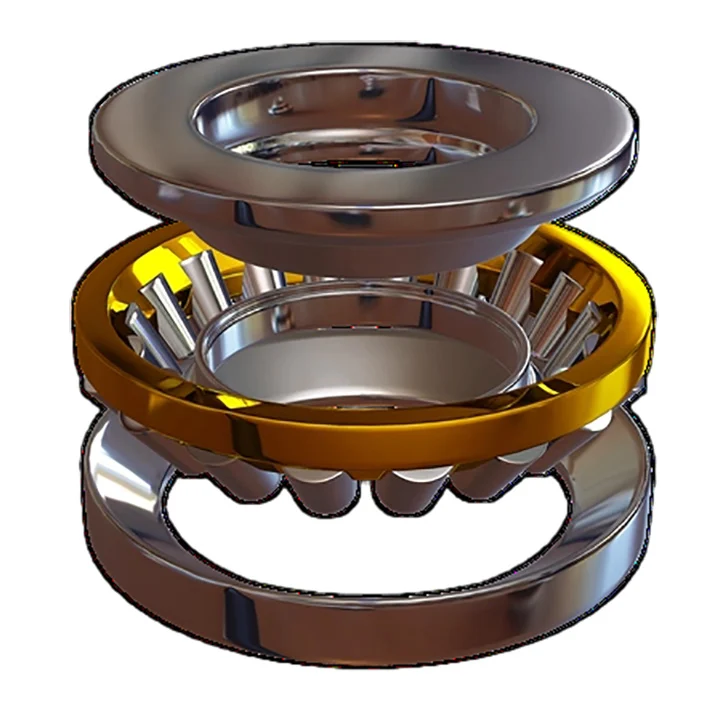Rewrite the content and keep the original meaning and format, and add 5 more H2, the content is “
| Chrome Steel (52100, GCr15) |
High hardness, wear resistance, cost-effective, widely available |
Prone to rust and corrosion, requires lubrication |
| Stainless Steel (440C, 304, 316, etc.) |
Corrosion-resistant, suitable for humid or marine environments |
Lower hardness and wear resistance than chrome steel, more expensive |
| Carbon Steel |
Low-cost, easy to machine |
Low strength, poor wear resistance, short lifespan |
| Tool Steel |
High strength, good toughness, wear-resistant |
Expensive, requires proper heat treatment |
| Bronze |
Self-lubricating, good wear resistance, corrosion-resistant |
Softer than steel, not suitable for high-load applications |
| Brass |
Corrosion-resistant, good machinability, lower friction |
Lower strength and wear resistance than bronze |
| Babbitt Alloy (White Metal) |
Excellent conformability, good for high-speed applications, embeds debris well |
Soft material, not suitable for heavy loads |
| Ceramic (Zirconia, Silicon Nitride, Alumina) |
High-speed capability, corrosion-resistant, non-magnetic, high-temperature resistance |
Expensive, brittle, difficult to manufacture |
| Polymers/Plastics (PTFE, Nylon, PEEK, UHMWPE, etc.) |
Lightweight, corrosion-resistant, self-lubricating, quiet operation |
Low load capacity, can deform under high temperature or stress |
| Carbon/Graphite Bearings |
Self-lubricating, can operate in extreme temperatures, chemical-resistant |
Brittle, lower strength than metal bearings |
